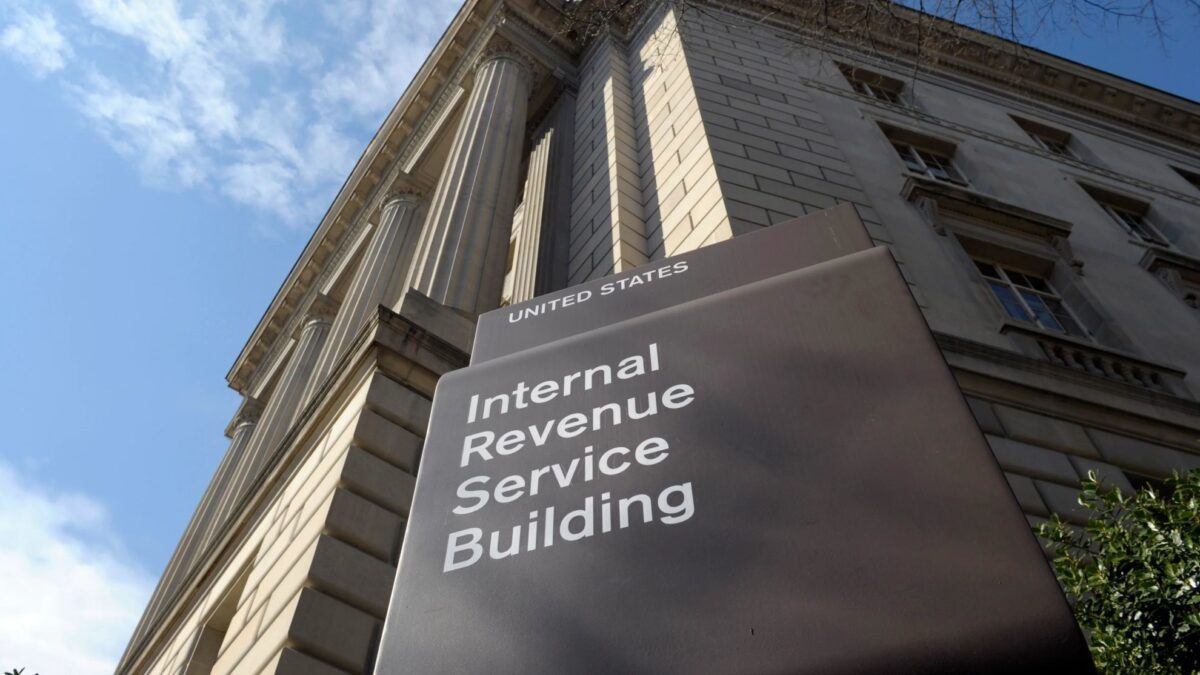When it comes to reporting rental usage for income tax purposes, landlords are no strangers to potential mistakes. Being aware of some of the most common mistakes when reporting rental income is essential to avoid trouble with the IRS.
Mistake #1. Failure to report all rental income received
One of the most common mistakes landlords make when reporting rental usage to the IRS is failing to report all rental income received. This happens when landlords
only report rent from certain tenants, overlook short-term rentals, or omit income from other sources. To avoid this, landlords must remember that ALL rental income, regardless of origin or amount, must be reported on their tax returns.
It is crucial to keep detailed records of all rental income received and report it accurately to the IRS to avoid potential issues.
Mistake #2.
Improperly designating property as personal
use Instead of rental use
When a landlord uses their property for both personal and rental purposes, it can be easy to misclassify it on their tax return. This often occurs when the landlord occupies the premises for part of the year and rents it for the remainder. It’s crucial to remember that if a property is rented out for any length of time, it’s considered a rental asset for tax purposes.
Mistake #3.
Failing to keep accurate records of rental
expenses and income
Without proper record-keeping, tracking expenses, calculating net rental income, computing deductions accurately can be difficult. This can lead to underreporting of rental income, over-claiming of deductions, and other errors that can result in penalties and fines. To avoid these issues, keeping detailed records of all rental income received and expenses incurred throughout the year is essential. This includes receipts, invoices, and other relevant documents that can help you accurately track and report rental activity.
Mistake #4.
Improperly claiming deductions for rental expenses
While it’s essential to claim all eligible deductions to reduce your tax liability, it’s also vital to ensure that you’re claiming them correctly and within the guidelines set by the IRS. This includes property taxes, mortgage interest, repairs, maintenance, and other costs associated with owning and operating a rental property. However, some landlords may overclaim expenses, claim expenses
that are not eligible, or fail to provide adequate documentation to support their deductions. To avoid these issues, it’s essential to keep accurate records of all rental expenses, know which expenses are eligible for a deduction, and consult with a tax professional to ensure that you’re claiming deductions correctly.
Mistake #5.
Misreporting rental property depreciation
Depreciation is a tax deduction that enables landlords to deduct the rental property’s cost over a span of years. They may fail to recapture depreciation upon the property’s sale or misclassify it as residential or commercial. To avoid these issues, accurately calculate and report rental property depreciation on your tax return, keep detailed records of their value, and consult with a tax professional if necessary to ensure that you’re claiming depreciation correctly.
Less Common Mistakes When Reporting Rental Usage to the IRS
Mistake #6.
Failure to report income from short-term rentals,
such as those from Airbnb
Short-term rentals have become increasingly popular in recent years, but many landlords may not realize that they must report all rental income received from these types of rentals on their tax returns. This includes income from Airbnb or other short-term rental platforms.
Mistake #7.
Claiming a rental loss for a property that was not
available for rent
Landlords can only claim a rental loss for a property available for rent during the tax year. Claiming a rental loss for an unavailable property could lead to legal issues, penalties, and fines if discovered by the IRS. To avoid these complications, landlords should strive to ensure their property is available for rent and take steps to market it to potential tenants.
Mistake #8.
Failing to report security deposits correctly
Security deposits are an essential tool for landlords to protect their property from any damages caused by tenants. These deposits are not considered rental income when received, but landlords must handle them carefully to avoid any tax-related issues. When a security deposit is received, it must be appropriately documented and accounted for in the landlord’s financial records. If a landlord keeps a security deposit, it must be reported as income on their tax return for the year it was kept. It’s worth noting that landlords may not be required to report security deposits as income if they plan to use them for their intended purpose, such as covering damages caused by a tenant. However, if a landlord decides to keep the security deposit for another reason, such as to cover unpaid rent or other expenses, the deposit must be reported as income. On the other hand, if a security deposit is returned to the tenant, it is not considered rental income and should not be reported to the IRS. In this case, the security deposit is simply a refund of the tenant’s money and is not taxable income for the landlord.
Mistake #9.
Incorrectly reporting repairs vs. improvements
Landlords must distinguish between repairs and improvements when reporting rental income to the IRS. Repairs, such as fixing a leaky faucet or patching a hole in the wall, are deductible in the year they are made. Improvements, such as adding a new roof or renovating a bathroom, must be depreciated over time.
Position Realty
Office: 480-213-5251




